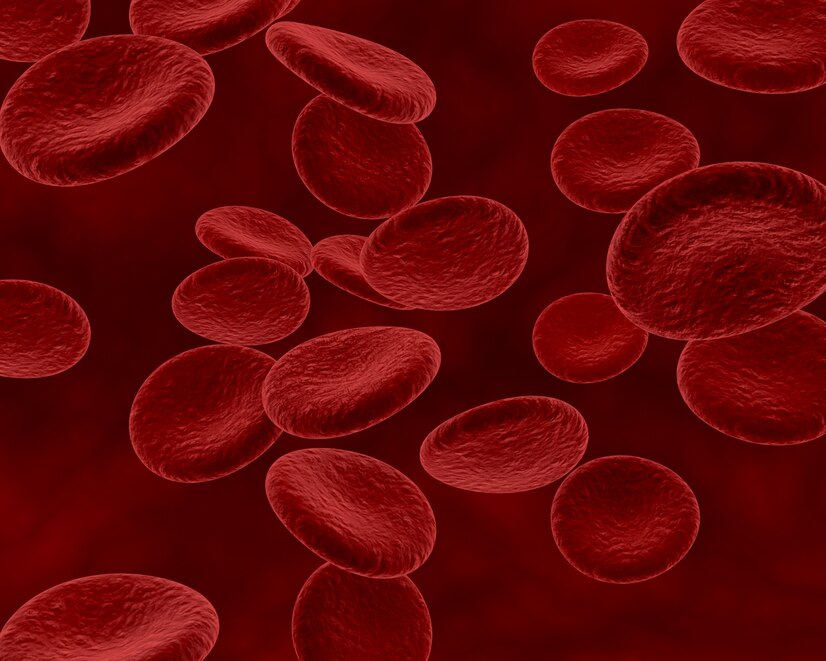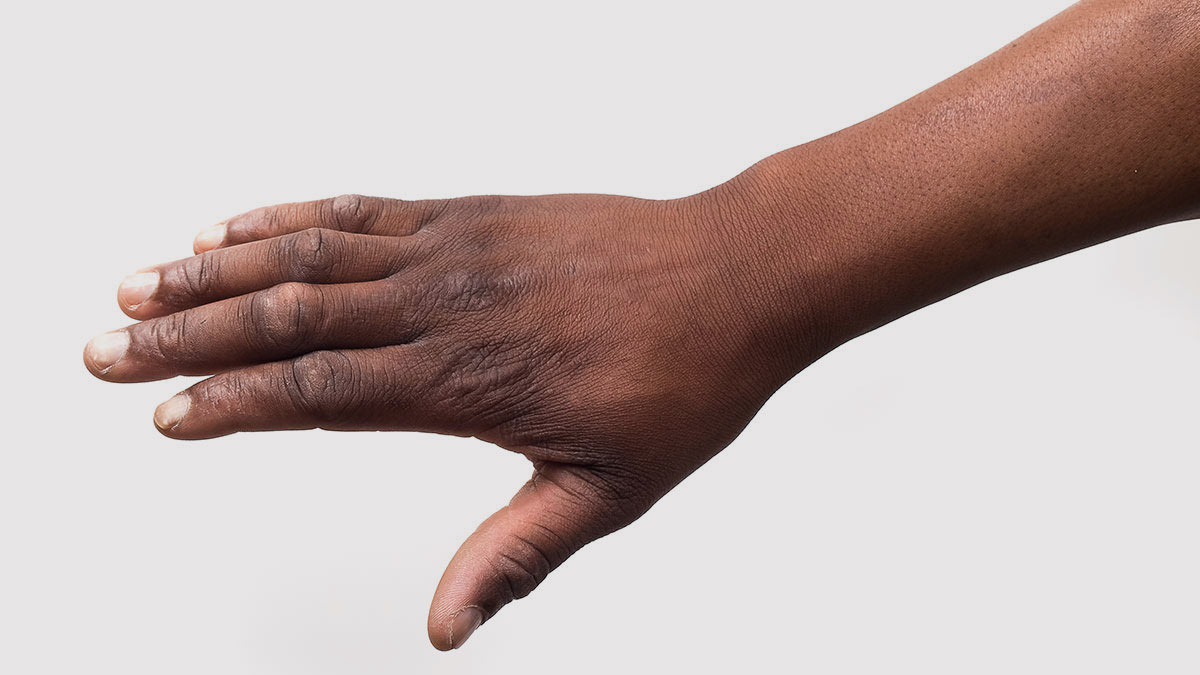Do you know that millions of people around the world are suffering from a disease that makes their blood their enemy? Yes, we are talking about sickle cell disease. In this disease, the red blood cells become crooked like a sickle instead of their normal shape (round). These crooked cells obstruct blood flow, which can cause severe pain, risk of infection, and many other serious problems.

World Sickle Cell Day is celebrated every year on 19 June. The purpose of this day is not only to spread awareness about this disease but also to encourage people suffering from it to live a healthy life and to accelerate research. The red blood cells of a healthy person are round and flexible, which pass through the veins easily. But in sickle cell disease, these cells become hard, sticky, and moon or sickle-shaped. These irregularly shaped cells can block blood flow and break down quickly, causing a variety of problems.
Symptoms
The symptoms of sickle cell disease can vary from person to person, including intense pain, anemia, swelling in the hands and feet, frequent infections, and slow growth. The most common and painful problem is sickle cell crisis, where the sickle-shaped cells block blood flow to various parts of the body. Apart from this, the risk of stroke (acute chest syndrome), organ failure, and infection can increase. The disease is most common in Africa, where about 300,000 children are born with it every year. It also affects people in India, the Middle East, and the Mediterranean region. Despite the prevalence, many countries do not have adequate resources and systems to deal with and treat the disease.

The importance of awareness
Most people are not aware of sickle cell disease (SCD) and how it affects individuals and families. Educating others can help dispel misconceptions about the disease and reduce the shame associated with it. Early detection and diagnosis of SCD help better control and treat the disease, improving the quality of life of the person suffering from it. Advocacy work increases access to medical help and support services, which is important for the management of SCD.
(PC: Freepik)










